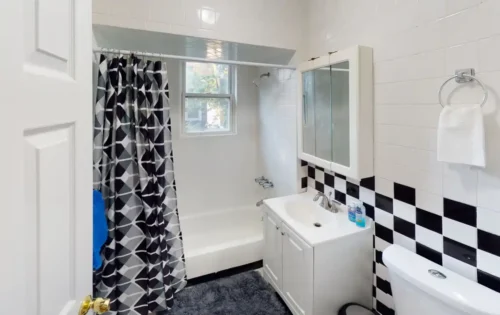
If you are new to recovery and struggling with anxiety or social problems, it may be difficult for you to pick up the phone or respond to text messages from people who are interested in helping you. You must also be patient when people don’t have the necessary skills to help you manage your recovery. Most people are unfamiliar with addiction and recovery, and as such don’t know what a recovering individual will need. If you are attempting to include people in your support group who have been hurt or damaged by your addiction, don’t get upset if they are slow to warm up to you. People are often hesitant when others make drastic changes in their behavior.
How to Get Sober: A Guide to Sobriety

By helping individuals prioritize their physical, emotional, and mental health needs, this plan aims to prevent relapse and build resilience. Addressing physical, mental, and spiritual needs equips individuals with tools to resist triggers that could jeopardize sobriety. Attending these recovery support groups meetings can offer opportunities to build new, supportive connections and ensure that you’re not alone in your journey. Empathy, on the other hand, involves understanding and sharing the emotions and experiences of others. By putting yourself in someone else’s shoes, you can provide genuine support and validation.
Building a Supportive Sober Network in Recovery
It’s important that you be patient with yourself and your loved ones during this process. Depending on how long you were addicted, it might take some time for your family and friends to regain their trust in you. One of the easiest ways sober network to build a new support group is to attend recovery meetings. There are a lot of different recovery meetings that you can choose from. If you’re going to do this properly, then you need to take time to think about your goals and needs.

Building a Sober Support Network: The Bedrock of Recovery
- If you have damaged a relationship that was positive and healthy prior to your substance abuse, you may be able to repair the relationship.
- A strong sober support network can significantly increase your chances of long-term success.
- This article will address some of these topics and provide some tips and tricks on how to build a strong and effective support network.
It is important to identify these triggers and develop coping mechanisms to navigate such situations successfully. For many, returning to daily life after treatment means returning home to family, which is why family can be the strongest social support system. However, relationships within the family may have been impacted by substance misuse and therefore, require mending.

Feeling confident in their ability to handle these challenges empowers individuals to make healthier decisions and maintain their commitment to sobriety. There are many, many digital communities, hashtags and chat groups that give people in recovery a place to connect and discuss what’s going on in life. You can find common ground over the challenges of sobriety, the rewards of recovery and the fallout from addiction. This https://ecosoberhouse.com/ connection via shared experience can be crucial when it comes to remembering how rough things used to be, and navigating what comes your way in life now. Clients who complete treatment for a substance use disorder with Waypoint Recovery Center have access to a special alumni program offering continuing support. The group meets once a week, free of charge, after completion of the IOP and/or continuing care program.
- It is crucial to begin integrating self-care practices into your daily routine as early as possible to facilitate the healing of your body, mind, and spirit from the impact of substance abuse.
- One of the most important things to do when building your support network is learn how to rebuild and repair these relationships.
- Additionally, a person in recovery may be empowered and enlightened when another addict asks them for help when they feel like using.
- As explained in a study from the Journal of Substance Abuse Treatment, even something as simple as a motivational texting program can better your chances of avoiding relapse.
For example, social media can help you stay in touch with friends and family who live far away and can’t meet face to face on a regular basis. You can also join online accountability groups to provide additional support in between your regular support group meetings. Even people who readily extend themselves to support your recovery post-rehab may require considerable time and patience to learn how to support you. Therefore, you should normalize clear, open communication and always communicate your needs while you allow the members of your support network to learn and adjust.
- Before discussing how you can build your own sober support network, it’s important to understand what a sober support network is.
- If the other person is willing, family or relationship counseling can be beneficial.
- The same is true of family members, but people in recovery must beware to limit relationships with family members that were enablers or those who do not support or take addiction recovery seriously.
- Together, your support network will help to provide you with encouragement so that you can remain focused on your recovery goals.
- Listening to others’ stories of addiction and recovery can also foster a sense of belonging.
Tips for Building Strong Connections within Your Sober Support Network:
